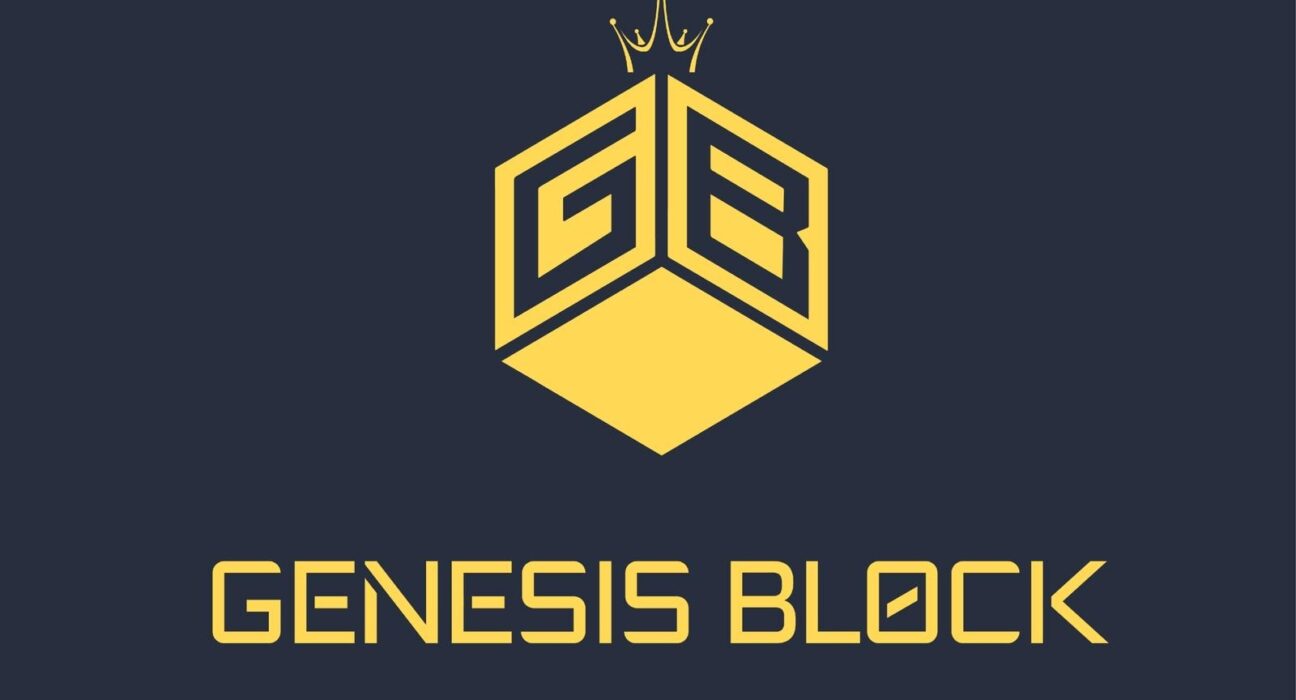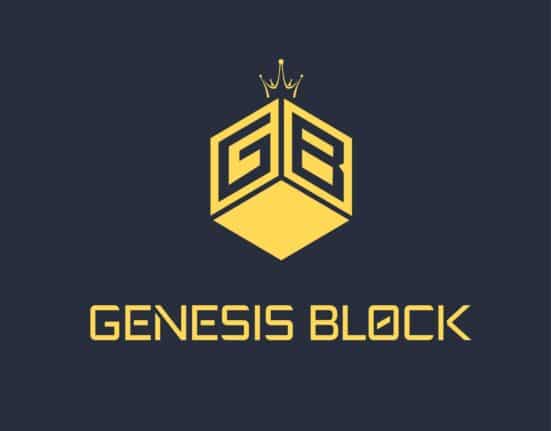UNDERSTANDING THE GENESIS BLOCK
The Genesis Block represents the initial block in a blockchain network. Often referred to as Block 0 or Block 1, it serves as the genesis of an immutable ledger, marking the initiation of a continuous chain of transactions. Unlike subsequent blocks, the Genesis Block lacks a reference to a preceding block, symbolizing the inception of the blockchain itself.
HISTORICAL SIGNIFICANCE
The Genesis Block of the Bitcoin blockchain holds a notable legacy. It was mined by the mysterious Satoshi Nakamoto on January 3, 2009. Embedded within its cryptographic code is a timestamp that immortalizes a headline from The Times newspaper. This indicates Satoshi’s disdain for centralized financial systems and his vision of a peer-to-peer electronic cash system.
TECHNICAL CHARACTERISTICS
Distinctive features set the Genesis Block apart from its descendants. It typically includes a fixed block reward, serving as an incentive for miners to participate in the validation process. Moreover, the Genesis Block is endowed with a unique cryptographic hash, hardcoded into the blockchain software to ensure its integrity and immutability.









